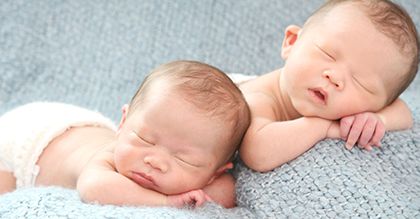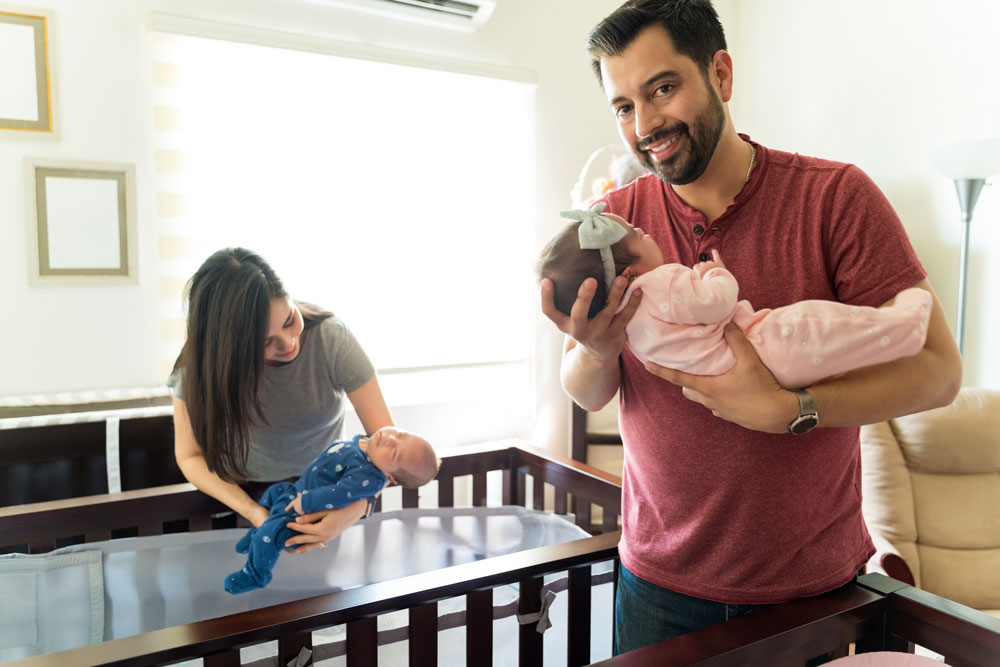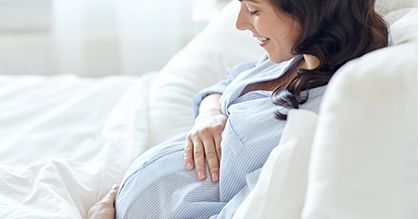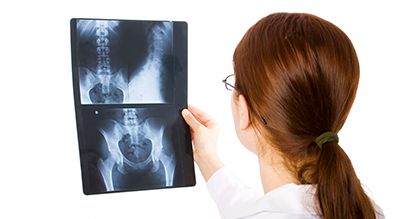Why You Need It?
Sometimes a twin pregnancy just happens. In other cases, specific factors are at play. For example, a twin pregnancy is more likely as you get older because hormonal changes can cause more than one egg to be released at a time. Use of assisted reproductive technologies such as in vitro fertilisation also boosts the odds of twins or other multiples.
What to expect when expecting twins:
- More frequent check-ups to track your baby’s growth and development, monitor your health, and watch for signs of pre-term labour. You might need frequent ultrasounds or other tests, especially as your pregnancy progresses.
- More emphasis on certain nutrients like folic acid, calcium, iron, protein and other essential nutrients. If you are already eating a healthy diet, keep it up and be sure to take a daily prenatal vitamin. Your health care provider might recommend an iron supplement as well.
- More weight gain. Gaining the right amount of weight can support your baby’s health. It also makes it easier to shed the extra pounds after delivery. For twins, the recommendation is often about 17 to 25 kilograms (37 to 54 pounds) for women who have a healthy weight before pregnancy which might require about 600 extra calories a day, depending on your activity level. Work with your health care provider to determine what’s right for you.
- More precautions. Check with your doctor at Motherhood who might ask you to curtail activities such as work, travel and physical activity as your pregnancy progresses. Although bed rest isn’t proven to be an effective way to prevent pre-term labour, it’s sometimes suggested as a precaution to encourage foetal growth and reduce the risk of complications.
Healthy multiples have the same needs as other newborns. Yet with twins, you will have a double dose. You might need more rest and support than you imagined, especially if your babies are born prematurely or need special medical care after birth. Take time to enjoy your babies and ask friends, loved ones and others for help when you need it.
For further details or queries , kindly contact us at tomotherhoodindia@gmail.com


 Toll Free Number
Toll Free Number











